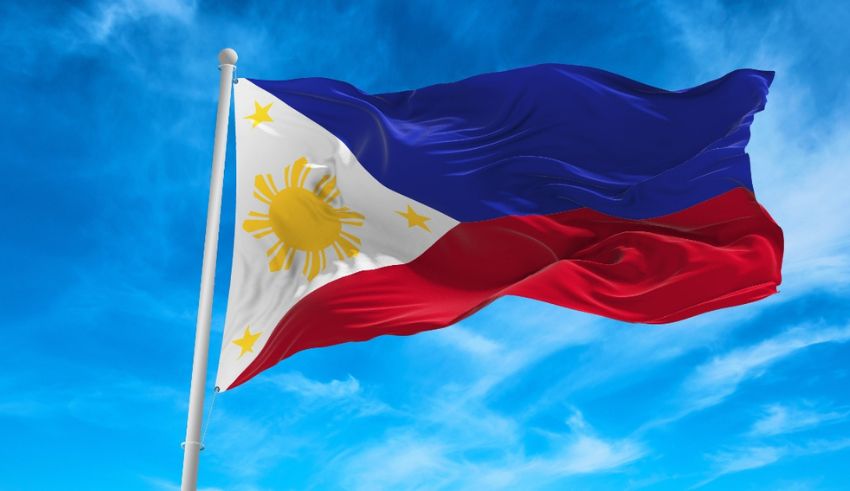
According to an article from Inquirer.net, four foreigners in the Philippines are facing possible deportation after allegedly disrespecting the Philippine flag. The incident has sparked public outrage and raised concerns about the proper treatment of national symbols.
The article states that the foreigners, whose identities and nationalities have not been disclosed, were captured in a viral video circulating on social media. In the video, they can be seen allegedly using the Philippine flag as a doormat and for other disrespectful purposes.
Disrespecting the Philippine flag is considered a violation of the Flag and Heraldic Code of the Philippines, which outlines the proper handling and display of national symbols. Such acts are taken seriously by the government, as the flag represents the nation’s identity and sovereignty.
The Philippine Bureau of Immigration (BI) is reportedly investigating the incident, and the foreigners involved could face deportation if found guilty. The BI has stated that disrespecting the national flag is a ground for the cancellation of a foreigner’s visa and their subsequent removal from the country.
The incident has sparked strong reactions from Filipinos, who view the act as offensive and disrespectful. Many have expressed their support for the authorities’ actions in investigating and potentially deporting the individuals involved.
Respect for national symbols is an important aspect of cultural sensitivity and understanding when residing or visiting a foreign country. It is expected that all individuals, including foreigners, adhere to the laws and regulations of the host country and show proper respect for its national symbols.
In conclusion, the alleged disrespect of the Philippine flag by four foreigners in the country has led to a potential deportation process. The incident highlights the importance of respecting national symbols and adhering to local laws and customs while staying in a foreign country. The Philippine government’s response underscores its commitment to upholding national identity and sovereignty.
























